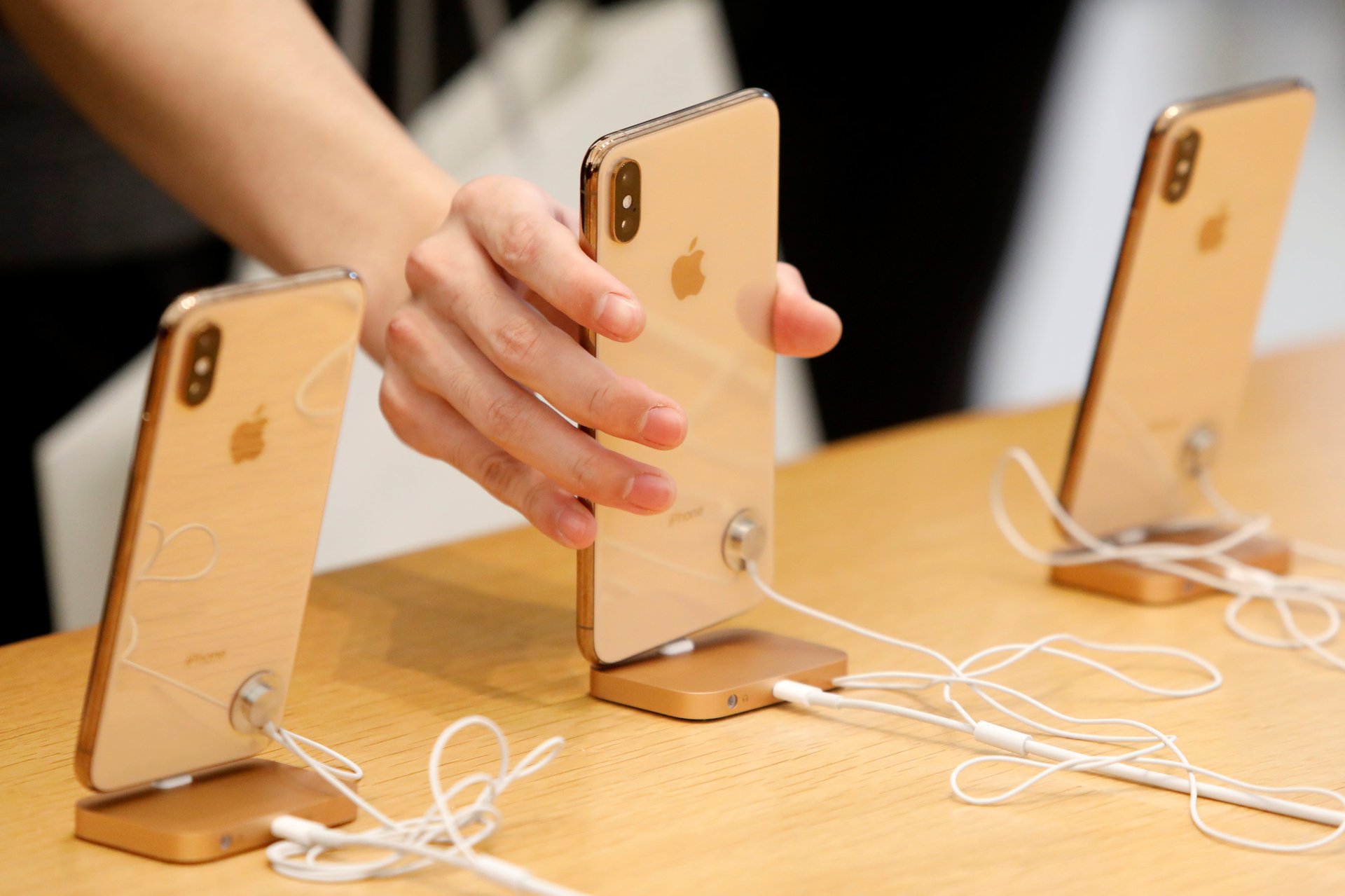Two college kids allegedly used counterfeit iPhones to scam Apple out of nearly $900,000
Two Chinese men who were attending college in Oregon allegedly used thousands of counterfeit iPhones to scam a company that probably should have known better: Apple.


Two Chinese men who were attending college in Oregon allegedly used thousands of counterfeit iPhones to scam a company that probably should have known better: Apple.
Under the alleged scheme, a collaborator in China would regularly ship packets of 20 to 30 fake iPhones to Yangyang Zhou and Quan Jiang, who were in the US on student visas. The duo would then send those knockoffs with repair requests to Apple. If the company determined a bogus device was eligible under warranty, it would repair it or, more often, replace it with a genuine model—usually a new phone—which the students would then send to China to be resold for a profit.
The scam was first reported by the Oregonian, and it is described in detail in a criminal complaint filed last month by federal prosecutors.
Federal agents got tipped off to the scheme in April 2017 when they opened five suspicious packages en route from Hong Kong that contained phones with possibly counterfeit markings.
In their exchanges with Apple, the duo used their own contact information as well as addresses of friends in nearby states, claiming the phones wouldn’t turn on. Jiang’s name is associated with 3,069 repair requests, according to prosecutors. Apple estimates that it completed 1,493 of them, making up a loss of $895,800. It rejected the others, as it normally does for devices that are found to be counterfeit or tampered with, a spokesperson told the Oregonian.
Federal prosecutors have charged Jiang with trafficking counterfeit goods and wire fraud; Zhou is accused of submitting false information on export documentation. Zhou and Jiang claim in court documents that they didn’t know the iPhones were counterfeit.
In recent years, counterfeit iPhones have come to even more closely resemble the real thing. Apparently, the fakes are now so good that they’re duping Apple technicians themselves.
Apple is not alone. In the US, fraudsters scammed companies out of an estimated $17 billion in 2017, according to a survey by the National Retail Federation. Many of them take advantage of companies’ generous warranties and return policies. Amazon in particular has been at the center of many of these creative schemes. Over the years, Apple has slowly tweaked its repair policies to thwart scammers. Though some states have regulations banning organized retail theft, there is no federal law to help fight it. As companies try to make their return policies scam-proof, it’s possible that regular consumers (paywall) may suffer the consequences.